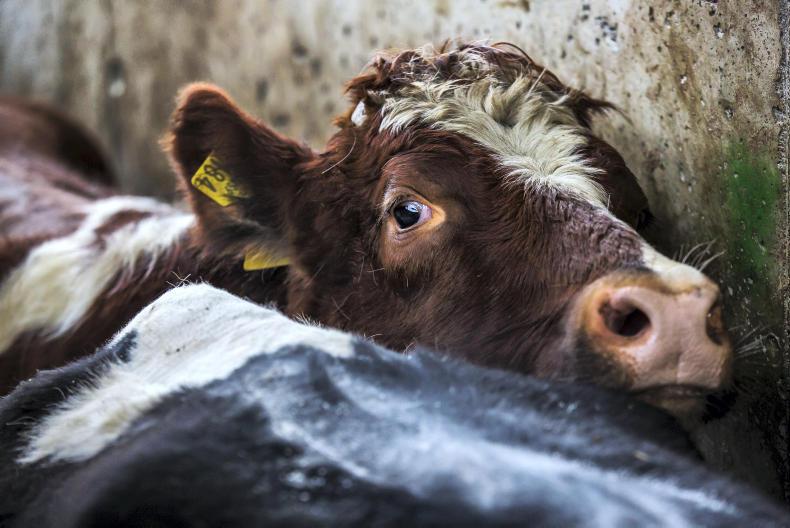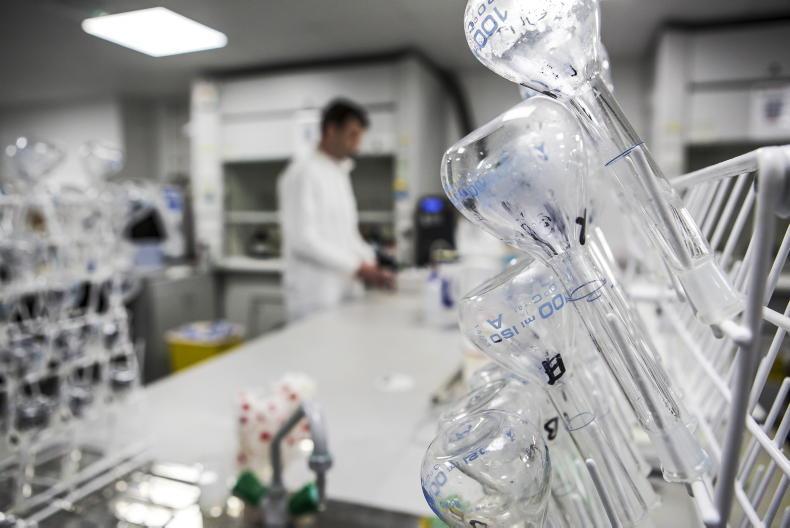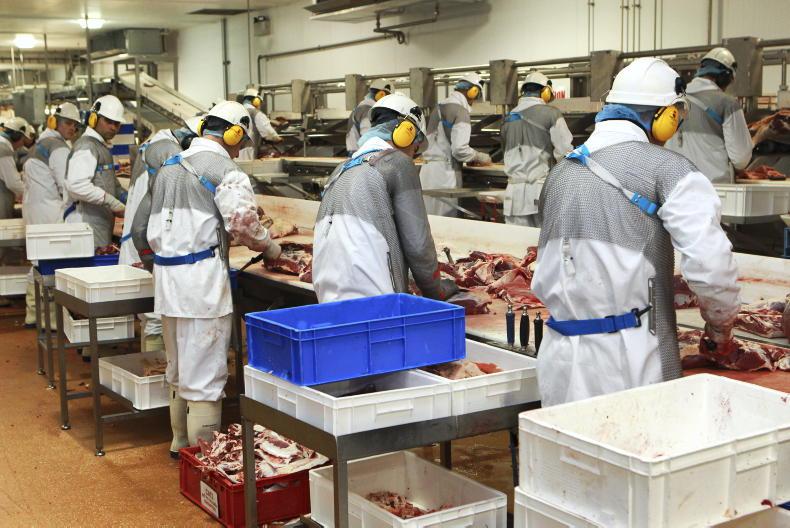Liver fluke infections do not affect an animal’s susceptibility to bovine TB, a study based on the records of almost 140,000 cattle in NI has concluded.
In 2012, research based on dairy herds in England and Wales by the University of Liverpool found that cattle exposed to liver fluke were less likely to be diagnosed with bovine TB.
The results indicated that fluke infection may affect the development of bovine TB in cattle.
However, a new study by researchers from the Agri Food and Biosciences (AFBI) and Queen’s University Belfast has found no relationship between liver fluke and bovine TB.
The NI study was based on a dataset of 138,566 animal records from a local abattoir.
It noted that there was high liver fluke prevalence in NI, with the majority of herds having exposure to the parasite.
Relationship
AFBI and Queen’s researchers also examined the relationship between the size of lumps on skin test reactors and their liver fluke status.
They found that there was “limited evidence” of a relationship between tuberculin reaction sizes and fluke infection in cattle.
The NI study did find that there was a trend where there was a reduced risk of non-skin test reactor animals having a TB lesion or confirmed infection if they were also infected with liver fluke, although authors of the study state that this was not a strong correlation.
“These data do not support the contention that the detection of bovine TB using skin-tests or reactor post-mortem follow-up may be compromised by [liver fluke] co-infection,” the researchers state.
Read more
Farmers asked to report badger activity
New genetic evaluations for TB and liver fluke resistance
Liver fluke infections do not affect an animal’s susceptibility to bovine TB, a study based on the records of almost 140,000 cattle in NI has concluded.
In 2012, research based on dairy herds in England and Wales by the University of Liverpool found that cattle exposed to liver fluke were less likely to be diagnosed with bovine TB.
The results indicated that fluke infection may affect the development of bovine TB in cattle.
However, a new study by researchers from the Agri Food and Biosciences (AFBI) and Queen’s University Belfast has found no relationship between liver fluke and bovine TB.
The NI study was based on a dataset of 138,566 animal records from a local abattoir.
It noted that there was high liver fluke prevalence in NI, with the majority of herds having exposure to the parasite.
Relationship
AFBI and Queen’s researchers also examined the relationship between the size of lumps on skin test reactors and their liver fluke status.
They found that there was “limited evidence” of a relationship between tuberculin reaction sizes and fluke infection in cattle.
The NI study did find that there was a trend where there was a reduced risk of non-skin test reactor animals having a TB lesion or confirmed infection if they were also infected with liver fluke, although authors of the study state that this was not a strong correlation.
“These data do not support the contention that the detection of bovine TB using skin-tests or reactor post-mortem follow-up may be compromised by [liver fluke] co-infection,” the researchers state.
Read more
Farmers asked to report badger activity
New genetic evaluations for TB and liver fluke resistance









SHARING OPTIONS